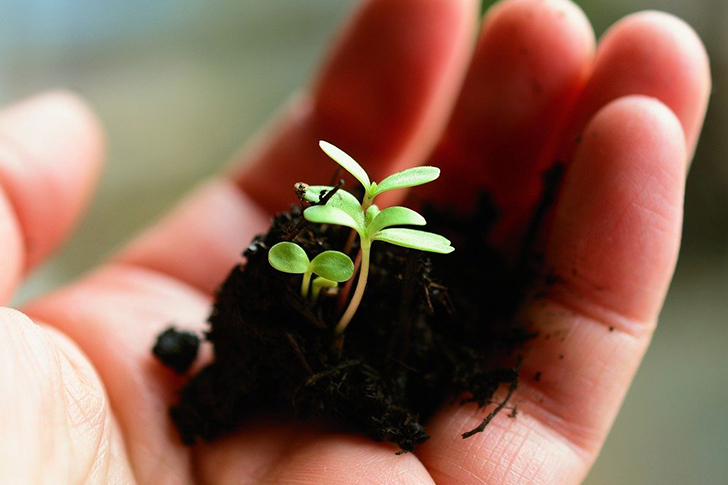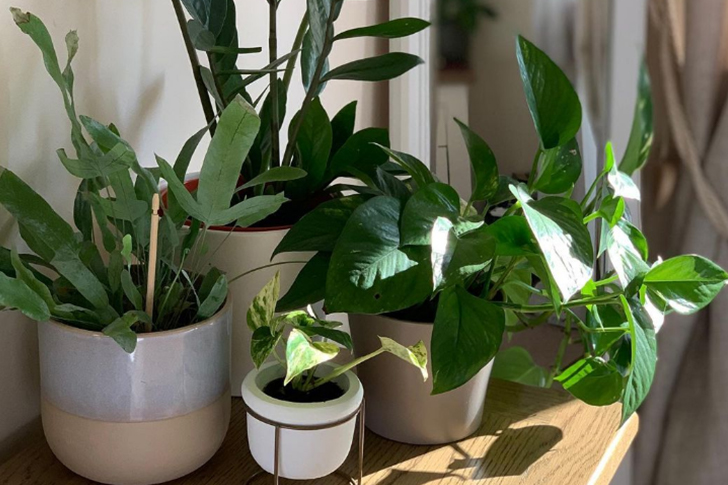Essential Tips for Preventing Diseases and Pets from Ruining Your Garden
The beauty of gardens is that they can change depending on the season. However, this also means that while your plants are looking great right now, there’s no guarantee that they will stay that way next season. Needless to say, part of gardening is dealing with a number of unpredictable factors. However, there are certain things that you can control to some degree. This includes the prevention of pests and diseases from spreading across your plants.
Whether you’re a new gardener or someone who has experienced a few years of cultivating your garden, here are some tips that you might find very useful.
Pay Attention to Your Soil

While some plants thrive with a certain amount of neglect, it is still important to make sure your soil remains healthy. This means adding organic compost annually. If you’re unable to make compost at home, you can also purchase organic fertilizers to make sure your soil is ready for planting season. This small investment helps ensure healthy crops that would be able to withstand diseases.
Choosing The Right Plant for Your Location
Another thing to consider is making sure that your plants are right for the conditions that your local environment provides. Opt for plants that match with the hardiness zone of your area.
Avoid Overcrowding Plants

While we all want to yield as much as possible from our plants, it is best to avoid overcrowding them. Doing so can result in stunted growth and competition for resources. The poor air circulation can also increase humidity, which creates an opportunity for diseases to develop. Make sure the flooring of your garden bed has ample space for each crop.
Be Smart When Watering Your Plants
One of the most common mistakes that people make when it comes to their garden is either overwatering. Keep in mind that, as a standard practice, you should give most of your plants about an inch of water every week. However, it is still wiser to do a finger-check before you do this. How do you do it? Basically, you push your finger down to the first two to three inches of the soil to check if it’s still moist. If it is, postpone watering for another day.
Watering Tips:
-Deep Watering
This encourages the roots of your plants to grow deeper, thus helping your plant become stronger and more established (less likely to topple over or sustain damage from weather and animals). In terms of money management, this ensures that your money – or water, in this case – doesn’t go to waste.
-Water Your Plants Early in The Morning.
Did you know that timing is also important when it comes to watering plants? Most people water their gardens whenever it is convenient for them. However, it is best to do so before dawn because this allows the plants to really absorb the water before it evaporates due to heat.
Maintain Your Garden Beds Properly
Whenever you plant crops, you’re actually depleting the soil of its nutrients. This is why adding compost annually before you start planting is a must. Another effective method of slowing down the process of depleting is through crop rotation. Online classes should help you better understand this, but basically, if you keep planting the same crops, they will “eat up” a lot of the nutrients they use the most. Case in point: tomatoes. These are heavy nitrogen feeders so you should switch them with ones that return nitrogen to your soil, such as legumes!
Crop rotation will also help you reduce the potential for insect damage. To further improve your garden’s defense against pests and diseases, make sure your garden beds are tidy and free of weeds. Remove any decayed or withered plant material whenever you see some. If buying compost isn’t part of your investment planning, then create your own by using the garden weeds you’ve removed. Just make sure they are clean and disease-free. If you want to add new plants, consider ones that attract beneficial insects such as ladybugs to make a home in your garden.
Remember, when it comes to keeping your garden healthy, prevention is always key. We hope our tips help increase your yield during harvest season!
Photo Sources: LSEEMF, And Beyond, Tui

Recent Comments